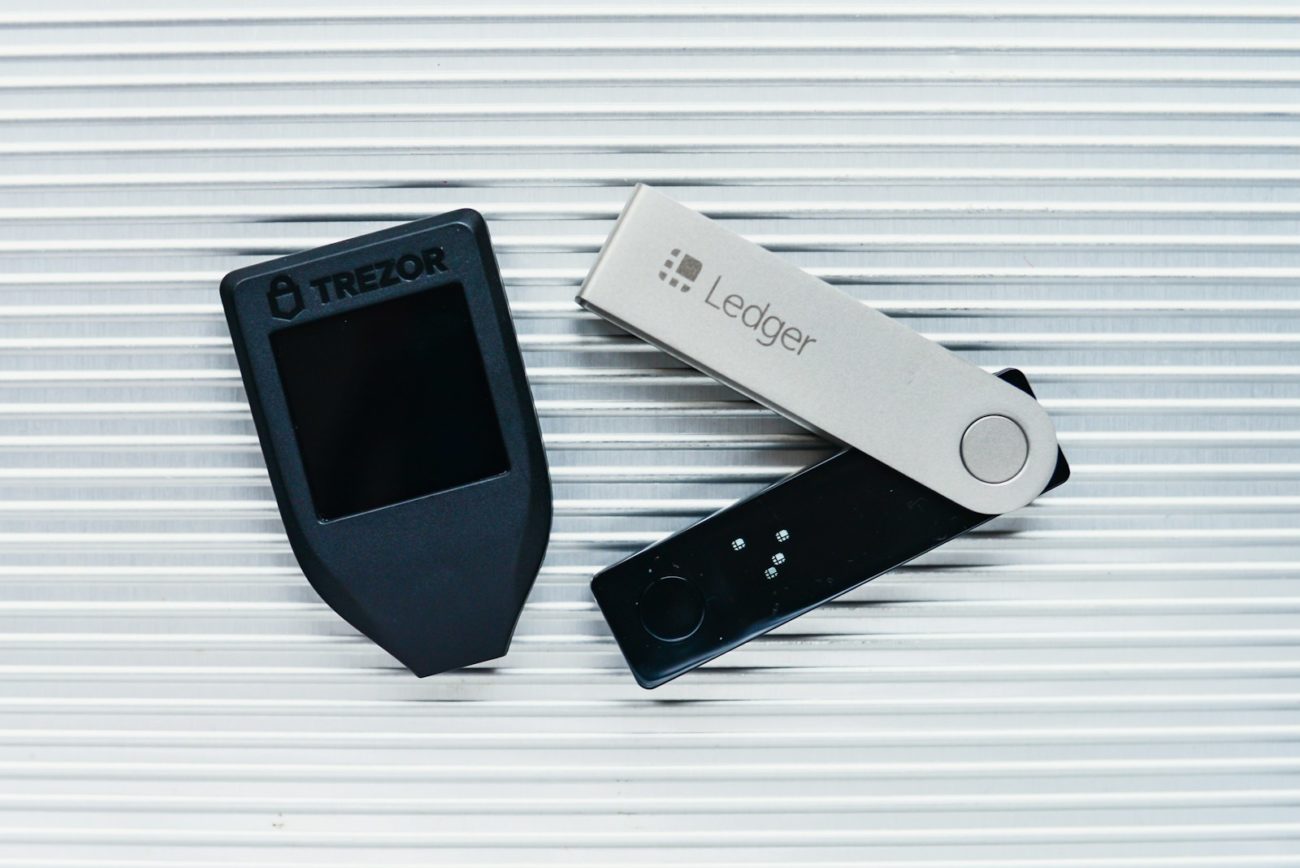In the digital age, the intersection of cryptocurrencies and cybercrime has spotlighted the critical role of hardware wallets in maintaining the security of digital assets. These devices store private cryptographic keys and engage in digital transactions while isolated from internet-based threats. However, as these wallets become focal points in criminal investigations, digital forensic experts face unique challenges. Interpol’s guidelines and the Hardware Wallets Digital Forensics List are vital resources in navigating these challenges. This article elaborates on the methodologies for forensic analysis of these devices, leveraging the insights provided by Interpol.
Understanding Hardware Wallets
Hardware wallets, such as those from vendors like Ledger, Trezor, and KeepKey, are designed to provide an extra layer of security by storing private keys on a physical device that remains offline. They require physical interaction to confirm transactions, thereby safeguarding against remote hacking attempts. For forensic analysts, the identification of these devices during investigations is crucial, facilitated by Interpol’s list of Vendor IDs and Product IDs, which can help identify the presence of such devices through USB device logs on a suspect’s computer.
Challenges in Forensic Analysis
- Encryption and Security Features: Hardware wallets employ advanced encryption to protect data. Gaining access to the contents without the appropriate cryptographic keys or device PINs poses a significant forensic challenge.
- Physical and Logical Security: Many hardware wallets are built to be tamper-resistant, with self-destruct features that wipe the device if tampering is detected. Additionally, the wallets may use secure microcontrollers to prevent data extraction.
- Vendor Diversity: Different hardware wallet manufacturers utilize distinct architectures and security protocols. This diversity requires forensic analysts to be familiar with a broad range of devices and their specific vulnerabilities or forensic access points.
Forensic Methodologies
- Identification: Using Interpol’s provided list of vendor and product IDs, forensic analysts can scan a suspect’s computer logs for evidence of connected hardware wallets. This step is critical in establishing which devices were used and potentially hold relevant evidence.
- Isolation and Seizure: Once identified, the device should be physically isolated to ensure it cannot connect to any network. Handling the device carefully to avoid triggering any security features that might compromise the data is crucial.
- Data Extraction: Forensic extraction involves bypassing the wallet’s security measures. This may require specialized hardware and software tools capable of interfacing with the device to clone or image the wallet’s storage without altering the data.
- Analysis: The extracted data must be meticulously analyzed for evidence of transactions, wallet addresses, and timestamps. This analysis can provide crucial links in an investigation related to financial crimes, money laundering, or ransomware payments.
Legal Considerations
Forensic examination of cryptocurrency hardware wallets must adhere to stringent legal standards to ensure that evidence is admissible in court. This includes obtaining proper search warrants, meticulously documenting the forensic process, and maintaining a clear chain of custody.
Utilizing Interpol’s Resources
Interpol’s Hardware Wallets Digital Forensics List is an invaluable tool for forensic analysts. It assists in the preliminary identification of hardware wallets through digital traces left on computers and other digital devices. Analysts can match logged USB device entries with known vendor and product IDs to ascertain whether a suspect has used a hardware wallet.
The forensic analysis of cryptocurrency hardware wallets represents a specialized niche in digital forensics, driven by the complexities of secure hardware and encryption. Resources like the Interpol Hardware Wallets Digital Forensics List enhance the ability of law enforcement and forensic analysts to perform their duties effectively. As cryptocurrencies continue to integrate into the global financial system, the role of digital forensics in this arena will only grow in importance, necessitating ongoing adaptation and expertise from professionals in the field.


